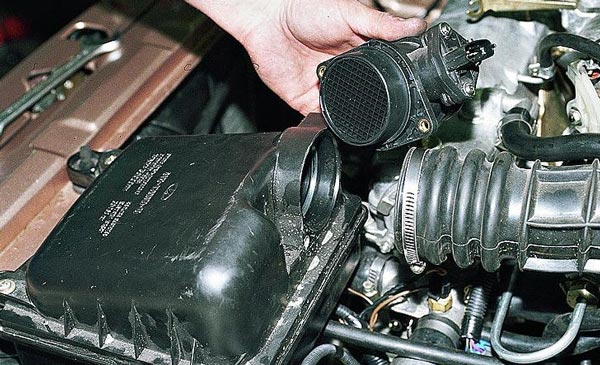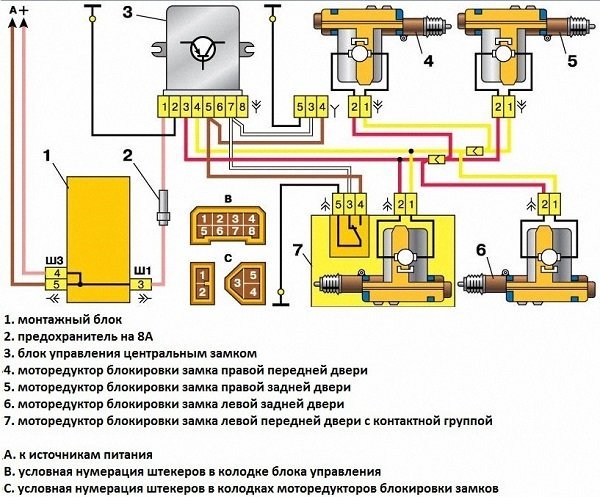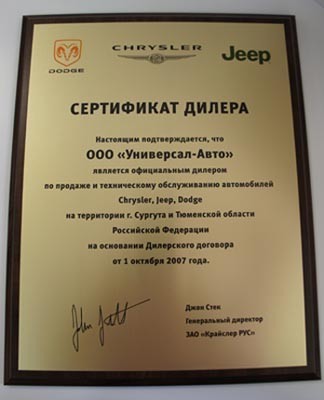
What does a mass air flow sensor do?
How often should the mass air flow sensor be changed?
Mass air flow (MAF) sensors do not have an expiration date. They are not included in the manufacturer's scheduled maintenance list to be replaced based on mileage, such as spark plugs or filters. They can remain in service indefinitely as long as they continue to function properly.
However, MAF sensors are critical to engine performance, good gas mileage and low emissions. They are also quite fragile and susceptible to contamination. A little bit of basic preventive maintenance information can help keep MAF alive and well for as long as possible. Because the function of the MAF is to measure all the air going into the engine, there is a LOT of air going through them. Try to imagine that for every gallon of gasoline burned, 9,000–10,000 gallons of air pass through your engine! This volume of air carries a lot of fine dust and particulate matter of all types. The air filter's job is to keep all that debris away from the MAF and also from your engine. So change the air filter when recommended, keep the inside of the air filter box clean, and make sure the passages between the air filter box and the throttle body are secure and sealed.
Another simple maintenance item that is commonly neglected can affect the cleanliness of the MAF, the PCV valve. It should be replaced according to the manufacturer's recommendations depending on the mileage. If the PCV becomes clogged, crankcase vapor can be drawn back through the engine ventilation system and leave oil deposits on the MAF. If the MAF gets dirty, it becomes less accurate and there is usually a loss in performance. A DTC will be registered in the computer and the Check Engine light will turn on.
Many times MAFs are removed, cleaned with an aerosol cleaner and reinstalled. This is not a permanent fix. For a longer repair, replace the MAF.

